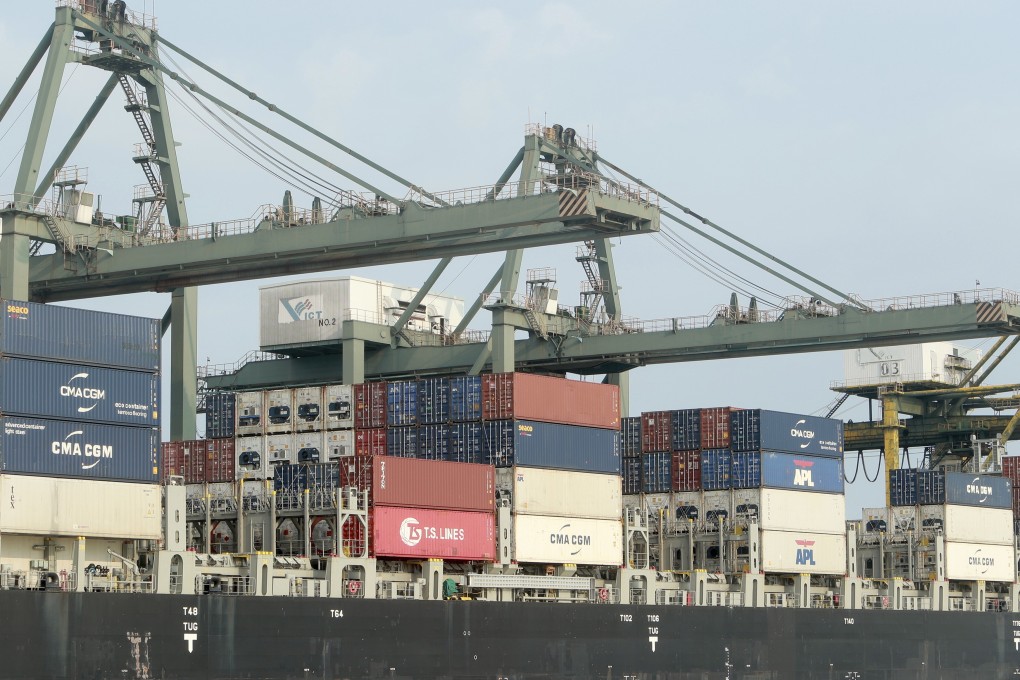Asean leaders ‘wary of putting all eggs into Chinese basket’ as they try to revive economies
- Southeast Asian nations are now China’s biggest trading partner but it’s a balancing act, according to analysts
- Some are looking at ways to diversify buyers and suppliers and reduce reliance on Chinese tourists as they deal with pandemic fallout

The pandemic has been less severe in Southeast Asia than some other parts of the world. The 10 Association of Southeast Asian Nations member states – Brunei, Cambodia, Indonesia, Laos, Malaysia, Myanmar, the Philippines, Singapore, Thailand and Vietnam – have reported more than 136,000 cases in total since the crisis began, according to the World Health Organisation.
On Thursday, there were 1,785 new cases across all of the Asean countries. That compares with over 34,000 new infections in the United States and about 19,000 across Europe the same day.
Meanwhile in China, where the virus was first detected in December, the pandemic is now apparently under control. And those relatively better situations have allowed China, Asean and East Asian countries to move faster in restarting their economies.

03:03
China’s first-quarter GDP shrinks for the first time since 1976 as coronavirus cripples economy
Although China’s overall external trade plunged by 8 per cent in the first five months of this year, its trade with Asean members grew, if only by 0.9 per cent, according to Chinese customs data. The bloc became China’s biggest trading partner in the first quarter, dislodging the European Union from the top spot it had occupied for years.